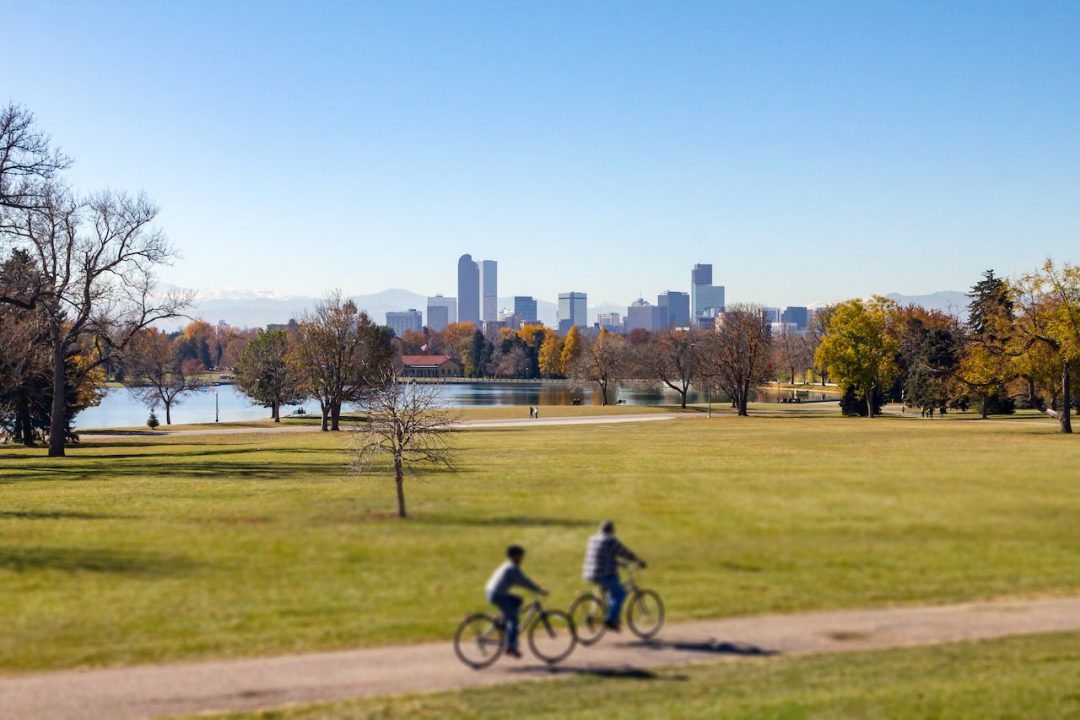May 8, 2020 – Across the world, the coronavirus pandemic is offering city planners a rare opportunity to rethink urban transportation to both accommodate social distancing and be more eco-friendly. Bicycle advocates are jumping at the chance to push for expanded cycling networks. From New York to Denver to Paris, which closed the Rue de Rivoli to cars on April 30, the world is undertaking a massive experiment in pedal power. It’s been a decisive win so far.
Denver, Colorado, has done the same in its densely populated Capital Hill and downtown areas. The city fully closed streets in parks to cars and has designated eight additional roads as “open streets.” Local traffic — which includes those who live and park along the street, as well as delivery and emergency vehicles — is allowed to access the roads, but general vehicular traffic is not.
Now, bike advocates in the city are working to make these changes permanent. Jack Todd, media and communications director with bicycle advocacy group Bicycle Colorado, said that the experiment happened in part through efforts by local advocacy groups as well as citizens. “Our Denver advocacy arm, The Denver Street Partnership, was one of the forces behind this,” Todd said.
The experiment has been well received. Bikers and pedestrians have used the usually jammed streets for exercise and transportation. The roads have also served as a place for social interactions to happen at a safe distance. The success of the trial period is encouraging, Todd noted, because it gives the group leverage with the city in efforts to keep some Denver streets bike-first.
“The big thing is having these streets remain open after the pandemic,” Todd said. “The Denver Street Partnership has conducted a couple of surveys and the response has been overwhelming. Now, we have to keep this going.”
“There’s huge momentum to keep this in place for the foreseeable future,” said Jill Locantore, who heads the Denver Streets Partnership, reflecting on the partnership’s poll of almost 450 local residents about the “open streets” project.
“It’s an opportunity to use this as a study to monitor how the streets are performing, tweak them over time, and take those lessons learned to permanent improvements that we can make in the future to address accessibility, climate change, and other issues.”
Locantore said that nearly 90 percent of respondents want “open streets” to continue in post-pandemic life and that the number one request has been a more connected network of bicycle and pedestrian thoroughfares.
“We’re facilitating a conversation about how we can use these spaces to create open-air markets where restaurants and businesses can connect with their customers, to support commerce in a safe way even after the pandemic. Denver’s a good example of where this is really coming from the community, and the city is responding to what the people are asking for.”
Read the full article
